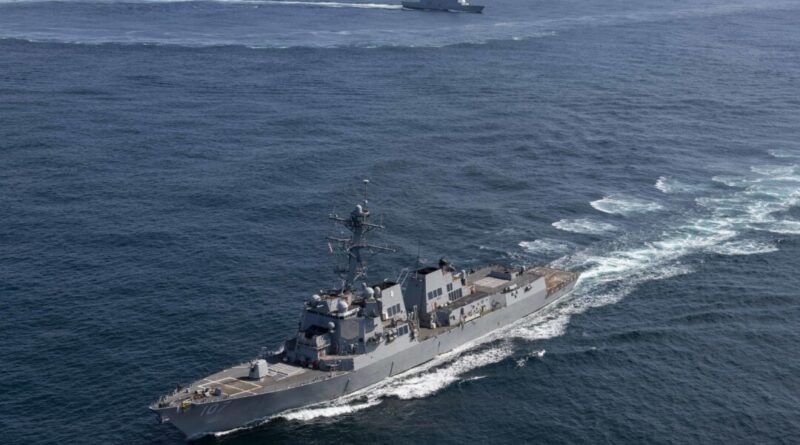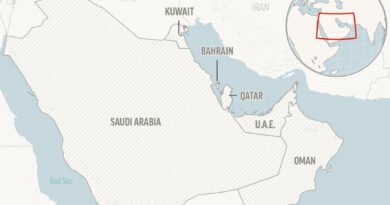Denmark Cautions Against ‘Aggressive’ Russian Behavior in Arctic Region leading to Confrontation
The Danish Prime Minister, Mette Frederiksen, informed the Financial Times that Denmark would need to scrap a defense funding plan that had been developed earlier this year.
As a NATO member responsible for the security of Greenland, Denmark has expressed concerns about the increasing threat of military confrontation with Russia in the Arctic due to their aggressive behavior.
A recent report by the Danish Defence Intelligence Service highlighted Russia’s risky actions in the Arctic, emphasizing the need for international cooperation.
The report stated that Russia’s focus on the region could lead to escalation due to their aggressive and threatening behavior, potentially opening the door for China to increase its presence in the Arctic.
Frederiksen mentioned that Denmark would have to revise a five-year defense funding plan that was agreed upon just eight months earlier, as the situation required a significant increase in defense and deterrence spending.
Denmark, among other nations, has raised its defense spending above the NATO target of 2 percent of GDP in recent years to meet security obligations, especially in Greenland.
Greenland, a former Danish colony, relies on Denmark for defense against foreign threats, housing important assets like the Pituffik, part of the U.S. ballistic missile early warning system.
The Arctic region holds strategic military importance due to its potential as a deployment area for submarines with nuclear weapons and its significance as a route between North America and Russia.
Amid tensions between Russia and other Arctic Council members, including Denmark, meetings have been affected by Russia’s actions, prompting a temporary pause in participation.
NATO countries like Denmark have pledged support to Ukraine, with Denmark supplying F-16 fighter jets to aid in Ukraine’s conflict with Russia.
Ukrainian President Volodymyr Zelenskyy commended Denmark for their support in defending lives and infrastructure against Russian aggression.
(Reuters contributed to this report.)



